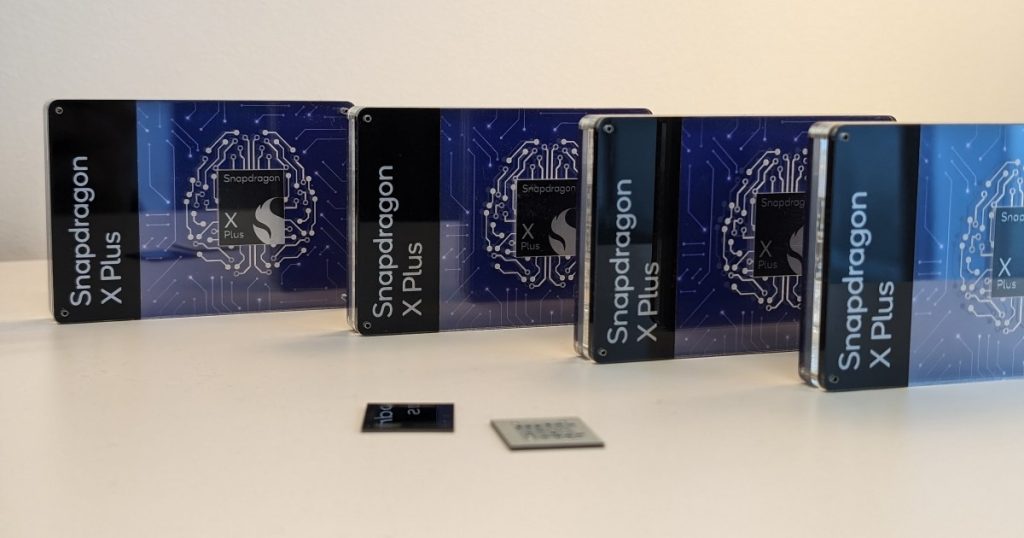Reports suggest that Qualcomm is exploring the possibility of acquiring Intel’s PC client business, a move that could have a significant impact on the ARM chipset maker. If this acquisition does happen, it has the potential to reshape the competitive landscape of the PC industry, allowing Qualcomm to enter the x86-dominated market while enabling Intel to focus on its other growth initiatives.
According to an exclusive report by Reuters, anonymous sources have suggested discussions about this potential acquisition. However, there have been no official communications between Intel and Qualcomm at this point. A spokesperson from Intel reiterated the company’s dedication to its PC business, echoing statements made during the recent Core Ultra Series 2 launch in Berlin.
In recent months, Intel has faced notable challenges, including a 15% reduction in its workforce, a historic revenue decline, a significant drop in stock prices, and lawsuits from investors. Revenue from the PC client business decreased by 8% to $29.3 billion last year, reflecting broader challenges in the PC market. Additionally, instability issues with Intel’s 13th- and 14th-generation Raptor Lake desktop processors have been reported, linked to higher operating voltages caused by a microcode bug resulting in crashes and system freezes.
Intel may be considering divesting its PC client division to recover costs and focus on high-growth areas like artificial intelligence, foundry services, and custom silicon development. This move could align with Intel’s long-term vision, led by CEO Pat Gelsinger, to become a leading chip manufacturer for other companies.
For Qualcomm, acquiring parts of Intel’s PC business could accelerate the shift to ARM-based computing. With recent advancements in the Windows PC market, especially in the mobile segment with Snapdragon X Elite processors, Qualcomm aims to expand its capabilities. By leveraging Intel’s x86 expertise, Qualcomm could develop hybrid processors that combine ARM’s energy efficiency with x86 performance, catering to ultrathin laptops and mobile PCs. This could intensify competition in the PC market, challenging both Intel and AMD while offering consumers more powerful and battery-efficient devices.


